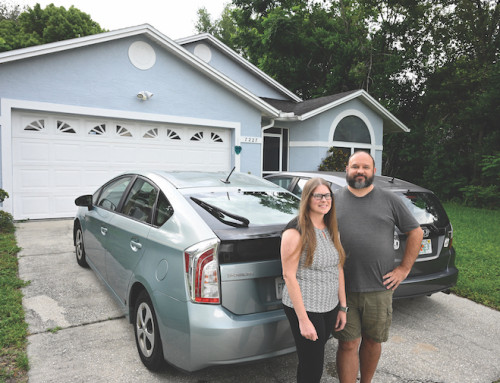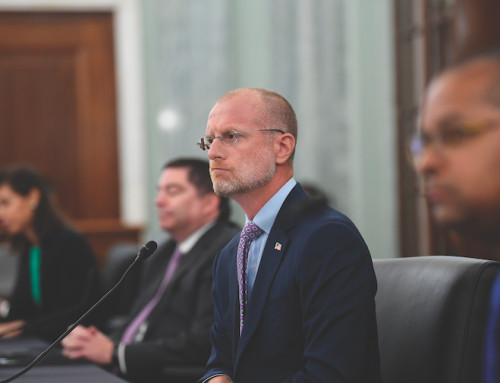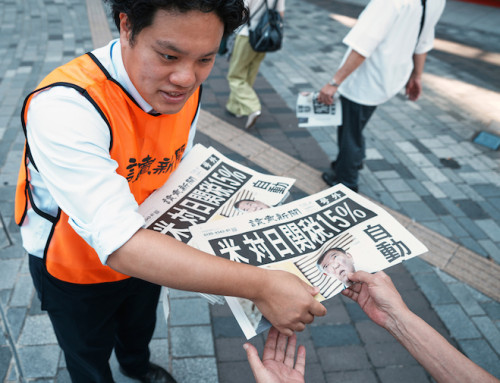The stream of lawsuits across the country from college athletes trying to grab another season of eligibility appears ready to fizzle out for a bit.
With fall football practice cranking up this week, players still hoping for a judge allowing them to take the field may be left waiting for a ruling that likely won’t help them compete again.
“We’re at a point in the summer where I think any athlete out there is going to know that it’s probably too late to file a case and be able to get relief on it,” said Sam Ehrlich, a professor of legal studies at Boise State studying the 2021 Alston ruling’s effect on college athletics.
Relief on a larger question surrounding eligibility may also take more time: In cases from California to Wisconsin, judges have provided inconsistent results for players seeking legal help for another season and it may well be a topic settled for good by a higher court.
Vanderbilt quarterback Diego Pavia is perhaps the highest-profile athlete to win his court fight.
The New Mexico State transfer sued the NCAA last fall, arguing that his junior college years should not count against his eligibility, citing the potential losses in earnings from name, image and likeness deals.
U.S. District Judge William Campbell Jr. in Tennessee granted a preliminary injunction, ordering the NCAA to allow Pavia to play.
The NCAA is appealing Campbell’s decision but granted a blanket waiver that will allow Pavia and other athletes who played at non-NCAA Division I schools prior to enrollment an extra year of eligibility if they were going to exhaust their eligibility this year.
Pavia won. Others, such as Wisconsin cornerback Nyzier Fourqurean, have lost or are in limbo.
Practice is scheduled to start this week for Southeastern Conference members Vanderbilt and Tennessee. Chris Bellamy and Targhee Lambson are among four football players waiting on the same federal judge who gave Pavia another season of football last December.
Some schools have helped by filing waivers. Others wait and hold a spot, letting the athlete fight the legal battle.
“They’re just kind of in limbo in the transfer portal because schools don’t really know whether they’re going to have eligibility,” Ehrlich said. “It’s a really weird situation right now.”
The NCAA would like Congress to grant limited liability protection to help address all the lawsuits over eligibility.
NCAA President Charlie Baker noted in June that athletes had five years to play four seasons for about a century, a situation that changed recently. Baker told The Associated Press then that the NCAA has won more of these cases than the association lost.
“But the uncertainty it creates, the consequences of this for the next generation of young people if you play this thing out, are enormous,” Baker said. “Moving away from an academic calendar to sort of no calendar for college sports is hugely problematic.”
Duke coach Manny Diaz thought such eligibility issues would be addressed after the House settlement, which took effect July 1.
“All I have been told is once they got House out of the way they are going to be double back on a lot of these oddities and make sure eligibility is tied into a college career,” Diaz said at ACC media days. “We don’t want nine-year guys playing the sport.”
Thanks to the extra season added to careers for the coronavirus pandemic, the college eligibility calendar has been scrambled a bit. Pavia will be playing his sixth season after starting with two at New Mexico Military Institute, a junior college, then two more at New Mexico State.
Ehrlich is attempting to track all lawsuits against the NCAA, ranging from the House settlement; name, image and likeness litigation; college athletes as employees; and Title IX lawsuits, along with other cases.
Ehrlich has tracked more than a dozen lawsuits involving eligibility and common factors are hard to come by.
He saw three very different rulings from judges. Standards of evidence for a preliminary injunction also have varied from judge to judge. Three cases have been appealed with other motions helping delay some waiver requests.
Ehrlich said there remains the chance a case lands before the U.S. Supreme Court. “I don’t see these cases drying up anytime soon,” he said.








